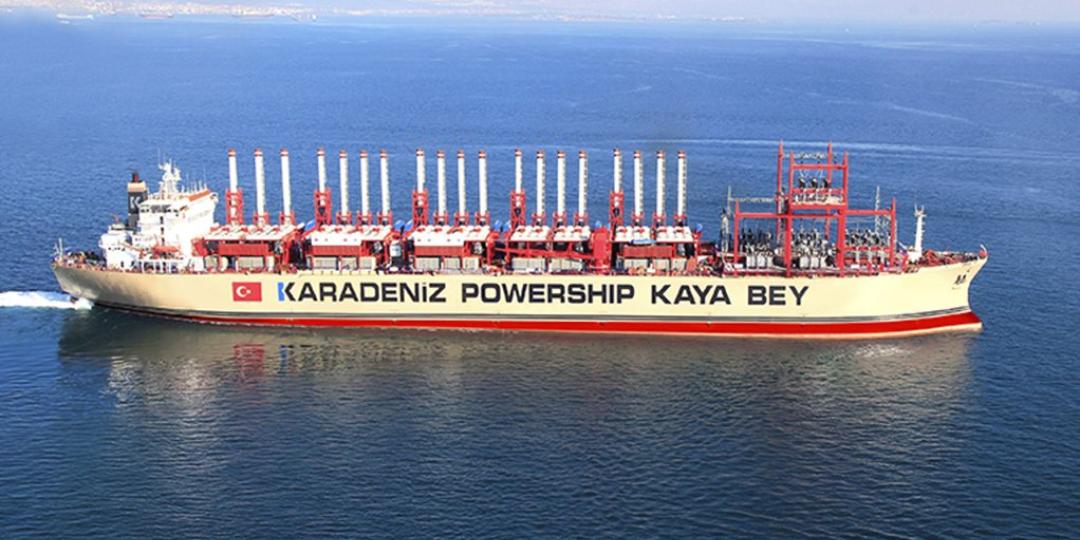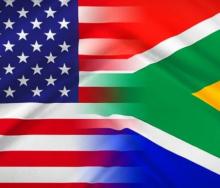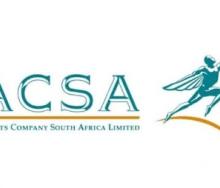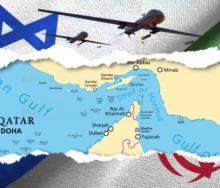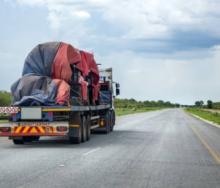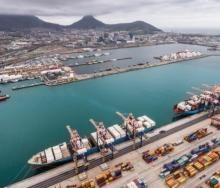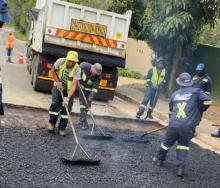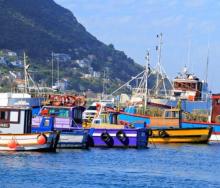The Organisation Undoing Tax Abuse (Outa) has filed a legal challenge to have the National Energy Regulator of South Africa’s (Nersa) decision to grant three Karpowership independent power producer (IPP) generation licences overturned.
Outa filed the application to have the decision reviewed and set aside in the Pretoria High Court on April 26.
The respondents in the matter are Nersa, four Karpowership companies, the Minister of Mineral Resources and Energy Gwede Mantashe, the Minister of Forestry, Fisheries and the Environment Barbara Creecy, and Eskom. The Karpowership companies are Karpowership SA (the holding company) and its wholly owned subsidiaries Karpowership SA Coega, Karpowership SA Saldanha Bay, and Karpowership SA Richards Bay. Outa’s action is directed against Nersa, while the other parties are cited due to their interest in the matter.
The organisation said in a statement that it had filed the application in terms of the Promotion of Administrative Justice Act. In court papers it refers to Nersa’s decisions as “procedurally unfair, irrational and unlawful”.
The application is supported by an affidavit by Outa executive director Advocate Stefanie Fick, and a confirmatory affidavit from a specialist consultant supporting the views on the negative economic impact and lack of consideration of far more viable alternatives.
“It is submitted that Nersa has displayed a cavalier attitude towards statutory compliance and public concerns throughout its decision-making process to award generation licences to Karpowership. It failed to properly exercise its mandate in terms of the Electricity Regulation Act (Era) and fulfil its oversight functions of regulator without the necessary independent checks and balances to ensure that the interests of electricity suppliers are balanced with the interests of customers, the public, and the South African economy,” Fick said in the affidavit.
“The decisions to award the licences to Karpowership for generation at Coega, Saldanha Bay and Richard’s Bay respectively were irrational, unreasonable, and taken without regard to relevant considerations or with regard to irrelevant circumstances.”
This comes after Mantashe made a determination in February 2020 that 2 000 MW of emergency generation capacity should be procured through the Risk Mitigation Independent Power Producer Procurement Programme (RMIPPPP). Nersa concurred with this determination in May 2020.
The Department of Mineral Resources and Energy (DMRE) issued a request for proposals and, on March 18, 2021, the DMRE announced seven preferred bidders, including the three Karpowership SA companies. The three Karpowership projects would together provide 1 220 MW of gas-fired generation capacity.
The ships housing the gas-fired power generation capacity (powerships) are supplied with gas from floating storage and regasification units (FSRUs), which are in turn supplied with imported liquefied natural gas (LNG) from international suppliers on purpose-built LNG carrier ships. The powerships and FSRUs would anchor permanently in the three harbours for the duration of the planned 20-year contract.
Karpowership SA, the holding company, is owned by Karadeniz Holdings, a Turkish energy company.
Nersa awarded generation licences to the three Karpowership IPPs in September 2021 and later published its reasons for the decision.
The projected costs of the Karpowership projects, including fuel supply, over a 20-year period are reported to be more than R200 billion.
In her affidavit, Fick refers to input from Outa’s independent consultant that there are faster and “substantially cheaper” generation project options available to eliminate load-shedding in the short term, so the Karpowership projects are not needed.
She said the projects would impose unnecessary financial, economic and environmental costs on South Africa, and the 20-year contracts carried a significantly greater risk to customers, the public and the economy than the available alternatives.
Nersa had also failed to conduct a proper analysis of the project costs and cost risk, and appeared to have misconstrued issues surrounding the electricity pricing formulas, in particular the gas pricing components, she argued in the court papers.
This included the price being significantly exposed to variations in the US dollar/rand exchange rate and global gas prices.
The Karpowership bid price in April 2020 was about R1.50/kWh and Nersa said this would be up to R2.80/kWh from April 2022, but the independent consultant estimated that the current price was close to R5/kWh, roughly two to three times the cost of alternative generation methods.
